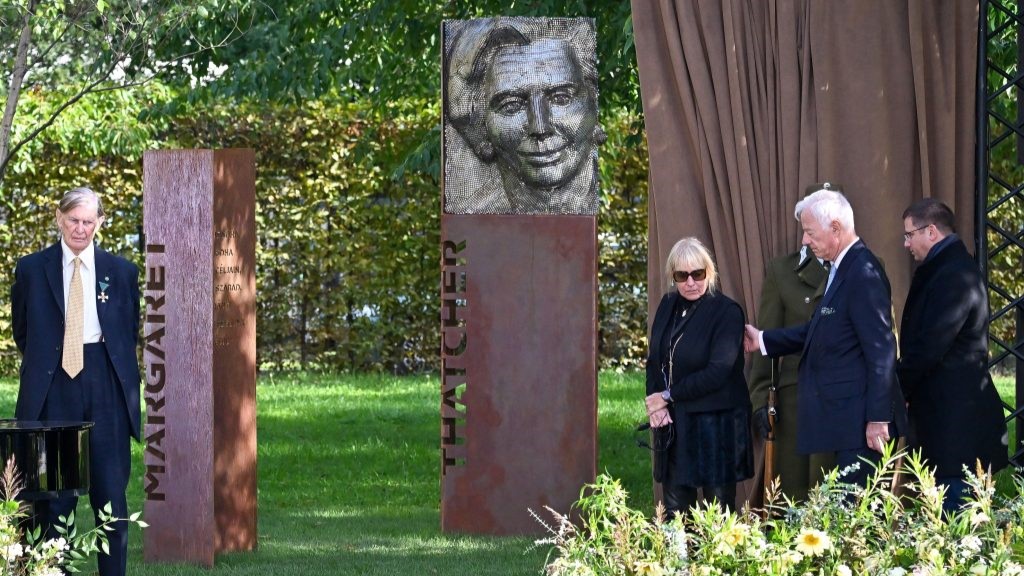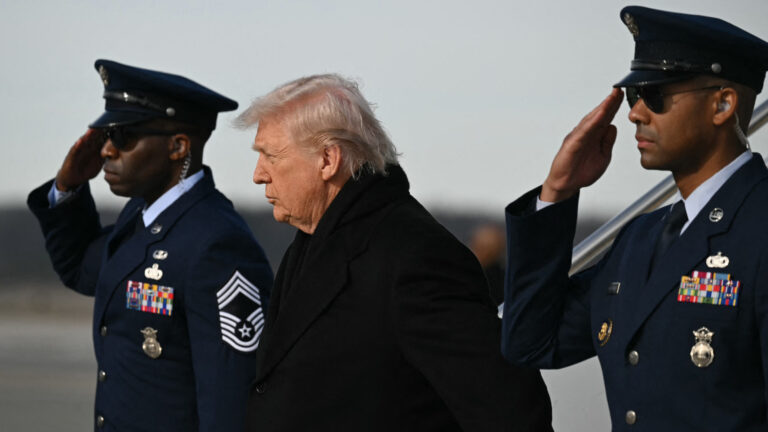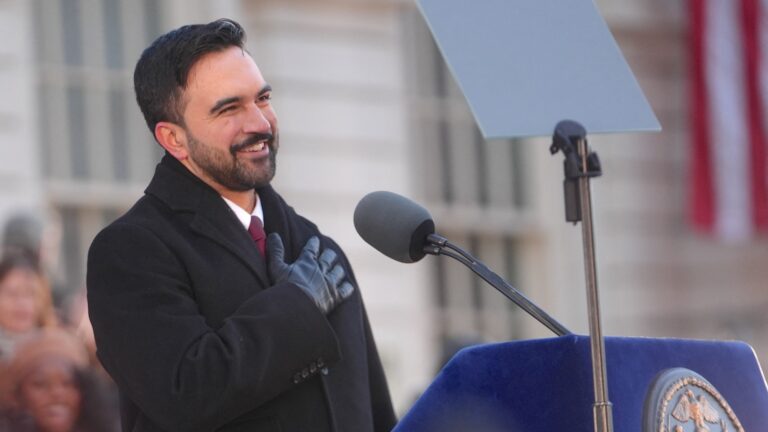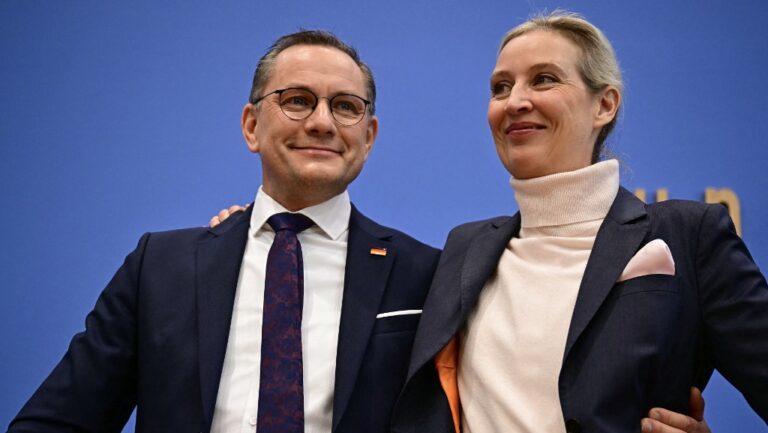Margaret Thatcher once said about the European Commission: ‘Yes, the Commission does want to increase its powers, yes, it is a non-elected body, and I don’t want the Commission to increase its powers against ours…’ Two ‘yeses’ in her famous ‘No, no, no’ speech. Later, Britain left the EU…
Yes, she was categorical, passionate, and decisive, and she used both her hands during speeches. She was the mother of twins and also the Prime Minister—the first woman to hold that office in Britain, in the 1970s(!). Of course, the British Parliament is a theatrical arena in which she performed an excellent role, but she was a genuine person who kept her integrity and did not act for the sake of the show. She was very British. She had characteristics that are rare in a prime minister.
Charles Moore said she was a ‘mythological figure’—so the Iron Lady might have been a model for Iron Man. She was a fighter, and she wanted to protect Britain with all her given capacities and tools. And she would probably be disappointed to see the streets of Britain at the edge of a civil war, and her conservative party in its present shape.
‘She was the mother of twins and also the Prime Minister—the first woman to hold that office in Britain, in the 1970s’
We need such strong political leaders; we need strong PMs to defend our national European traditions. And it seems that Western Europe is lacking such characters nowadays, and we see the sad consequences of this in the streets, the national budget, and the competitiveness of the EU and its members. As she was a forerunner of Brexit, she also has a political legacy for Central Europe.
What Is Margaret Thatcher’s Message Today to the Countries Once behind the Iron Curtain?
Can we call ourselves, or anyone else—or even a policy—‘Thatcherite’? Is the future of Central Europe rooted in ‘Thatcherism’? In fact, does something like ‘Thatcherism’ even exist? These are legitimate questions, as opinions differ even on the existence of such a concept.
Those who believe it does exist tend to define it roughly as: Thatcherism equals economic libertarianism plus political conservatism. Opponents of the concept might argue that even if this—or any other—definition is accurate, Margaret Thatcher herself would not have considered herself a ‘Thatcherite’, were she still alive. That’s because ‘-isms’ tend to suggest that something is good—always, everywhere, under any circumstances—simply because the name-giver of the ‘-ism’ did, said, wrote, or thought it.
There is no indication that Margaret Thatcher was ever inclined to follow any ideology or that her politics tended to set up any kind of fixed model to be followed. What characterized her more was a British patriotic value system. This was a kind of patriotism that thought in broader frameworks for the sake of national interest: in universal peace and security (see her UN policy), in the community of democratic nations (see her NATO policy), and even in solidarity with peoples excluded from democracy by force (see her pivotal role in the liberation of Central Europe).
This patriotic value system also included a pragmatic, non-ideological approach to choosing the tools needed to implement her values. Some of these tools she employed—or even some of the problems she addressed—may still be relevant today. Not because Thatcher used them, or because she considered certain issues important in her time, but because we consider them important now and see them as effective tools for us. (This interpretation would likely align with even the proponents of the ‘Thatcherism’ concept as a continuation of her legacy.)
To reverse Britain’s global decline, Thatcher confronted the leftist ideological bonds that hindered the efficiency of the British economy, leading her into major political and social conflicts not only with the opposition but also within her own party. What the British economy needed at the time was a reduction in overregulation and excessive redistribution, while ensuring that the British state remained strong—as a guarantor of security and fair play.
What Did All This Mean for Central Europe at the Time?
For the generation of democratic transition in Central Europe, Thatcher’s political success served as an argument against the social demagoguery of the communist regime—and helped gain social acceptance for that opposition. It also stood as an argument against ideological libertarianism, which, under the pretext of deregulating the economy, sought to weaken the state itself—branding a strong state as inherently nationalist or dictatorial. Thatcher showed that it was possible to break socialist economic bonds while strengthening the state.
Her success was crucial for us for another reason as well: The success of the Central European transition required a strong West. Had Britain—one of the West’s key pillars—continued to weaken, the global political balance would have shifted in a way detrimental to us. This hasn’t fundamentally changed: today, too, we need a strong West, though for different reasons.
A Strong West Remains Essential Today
Today, we are not trying to escape from the Soviet bloc, but rather to avoid being constrained by the ideologically driven policies that are spreading within the Western world. We must resist such constraints, especially now that—thanks in large part to Thatcher and the success of Central European democratic transitions—the West has become our primary market. What happens to Western economies also affects us. We need a strong West so that we, too, can be strong. However, we must not allow ourselves to be bound by progressive ideologies imposed upon us, because by weakening ourselves, we would ultimately undermine the West as a whole.
This latter aspect makes Thatcher’s attitude toward European integration especially relevant today. Many would like to see in her the icon of Euroscepticism—but this interpretation doesn’t hold up. At critical moments, Thatcher supported Britain’s accession to the European Communities and later the deepening of European integration through the Single European Act. However, she would not tolerate Brussels’ bureaucratic overreach—as she made particularly clear in her famous 1988 speech at the College of Europe in Bruges, where she did not hold back from blunt wording.
Thatcher’s core message was: ‘This is not the kind of Europe we wanted.’ European integration would align with British interests, but only if it were implemented properly, in strict adherence to the letter and spirit of the treaties—does this sound familiar today? If it does, that’s because Central European countries are now the standard-bearers of this idea. (At least when not governed by administrations that are eager to align with Brussels or Berlin at any cost.) Unfortunately, now—in the wake of Brexit—Central Europeans must stand their ground without a British ally.
‘We need strong PMs to defend our national European traditions’
Back in the late 1980s, we watched Thatcher’s Bruges speech with our jaws dropped and a hint of confusion. It seemed like a peculiar British eccentricity. From our Central European perspective, we couldn’t imagine someone would truly abuse European integration—let alone to such an extent that the Community’s greatest power would need to rebel against it. However, today we understand it, although the situation is different.
If Brussels’ overreach could bind a global power like Britain, how could it not have the same impact on much smaller Central European countries? Unlike the British, we cannot credibly use exit as leverage or as an alternative, due to the differences in geopolitical weight. Britain can stand on its own as one of the pillars of the West—alongside the United States and the European Union. Even together, Central Europe cannot offer that. And individually, our countries, including Poland, certainly cannot.
Without common European structures, we would quickly fall victim to the same aggressive imperial instincts of the ‘Russkiy Mir’—ambitions that Ukraine has been heroically resisting for three and a half years now. Not to mention other threats…For us, there is no alternative to a well-regulated duality of national and communal competences within European integration. Only within this framework can we offer an alternative to the overreach of Brussels.
Our approach is not Euroscepticism, but rather a European internal opposition: promoting a Europe of nations, a service-oriented Brussels instead of the ruling Brussels. Europe’s strength comes from its member states. European structures should only deepen integration when that adds to, not subtracts from, the strength of the member states. This is the Hungarian policy. Whether integration is deeper or shallower is not an ideological question for us—just as it wasn’t for Thatcher—but a pragmatic one for problem-solving.
Finally, let us recall one more aspect of Thatcher’s politics: her readiness to act decisively in the name of security. From the defence of the Falklands to her consistent support of Reagan’s Cold War policies—all for the sake of world peace.
Thatcher was a politician of peace, but she knew that peace requires strength and a readiness to use it in critical situations. (As a joke of the time went, hers was ‘the manliest/most masculine’ attitude in the European political elite.) She and Reagan exemplified pragmatic Atlanticism. For them, the Europe–North America alliance was not a vehicle for spreading ideology, but a commitment to protecting both elements of the ‘free world’: freedom and the world itself—from the threat of the Soviet Union’s aggressive global ambitions.
This included supporting those—especially Central Europeans—who fell under the Soviet sphere of influence against their will—just as it includes supporting Ukraine today. This remains a relevant perspective in current debates about the Western world.
What are Western institutions for? To impose left-wing progressive ideologies on the world? If so, how are they any different from the Warsaw Pact or its late successor, the ‘Russian World’? Donald Trump’s political rebellion is rooted in this rejection. A return to pragmatism. A return to a broader, value-based patriotism, pursued through pragmatic tools. We, Hungarians, are supporters and participants in this. And in that spirit, we will prevail—just as we once did under the banner of our alliance with Thatcher’s politics.
Related articles:







